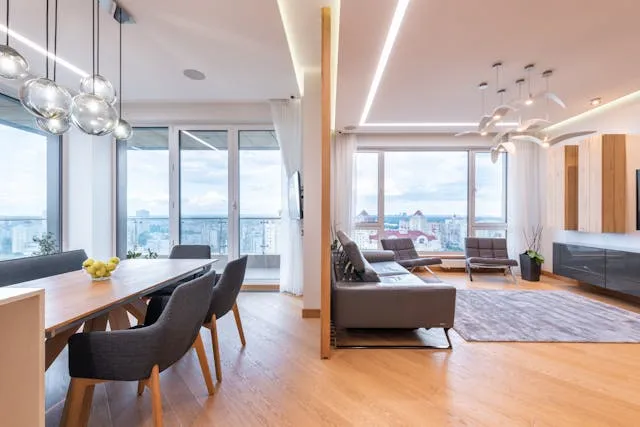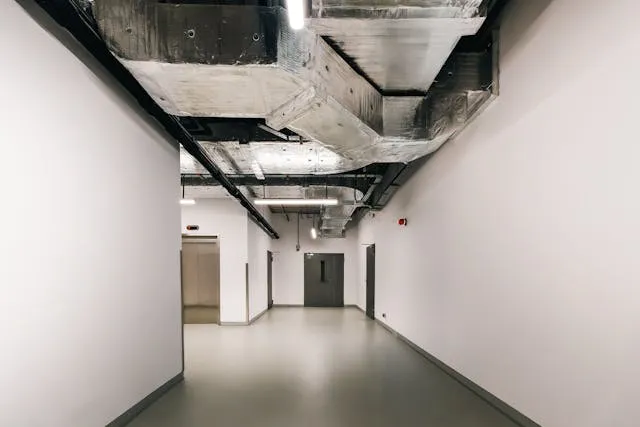How Insulated Glass Keeps Your Home Comfortable Year-Round
Maintaining a consistent and comfortable indoor environment can be a challenge, especially in regions that experience extreme temperatures. Traditional single-pane windows often allow unwanted heat transfer, making homes too warm in the summer and too cold in the winter. Modern insulated glass technology offers a solution by minimizing these temperature fluctuations, enhancing energy efficiency, and helping homeowners enjoy steady comfort regardless of the season.
Beyond temperature control, insulated glass contributes to a quieter, more peaceful living space by reducing outside noise. It also helps prevent condensation and protects interiors from UV damage, extending the lifespan of furnishings and flooring. When paired with well-designed window and doors, this feature creates a more substantial thermal barrier, ensuring that air stays where it belongs—inside during the winter and outside during the summer. The result is a home that feels comfortable, efficient, and balanced throughout the entire year.
Also Read: Storm Season Roof Prep: Protecting Your Home From Wind and Hail
Understanding Insulated Glass
Insulated glass units (IGUs) are engineered assemblies consisting of two or more glass panes separated by a spacer. These panes are then sealed tightly around the edges to create a single, rigid unit. The sealed gap between the panes is often filled with inert gases such as argon or krypton, which improve the window’s insulating performance by slowing thermal transfer. This configuration helps maintain a comfortable indoor climate by limiting the amount of heat that enters or escapes your home, regardless of the outside conditions. Upgrading to insulated glass significantly reduces heat transfer compared to traditional single-pane windows.
Energy Efficiency and Cost Savings
One of the most compelling reasons to choose insulated glass is its significant impact on household energy use. Whether it’s minimizing heat loss during freezing winters or keeping interiors cool through sweltering summers, IGUs offer superior thermal performance. This insulation means your HVAC system doesn’t have to work as hard to regulate indoor temperatures, leading to lower energy consumption and substantial utility bill savings. Research shows that homes with insulated windows can reduce their heating and cooling costs by over 30%, a figure that continues to drive interest in modern window technology for sustainability-minded consumers.
Enhanced Indoor Comfort
Insulated glass plays a crucial role in enhancing comfort beyond basic temperature regulation. Cold drafts, hot spots, and uncomfortable temperature swings can be drastically reduced thanks to the barrier created by IGUs. Moreover, condensation is less likely to form on the inside of windows, which greatly decreases the risk of mold and mildew—ultimately promoting a healthier living environment for your family. Homeowners also report improved satisfaction and fewer complaints about chilly rooms during winter or overheated areas in summer.
Noise Reduction
City dwellers, suburban homeowners, and those living near busy roads all benefit from insulated glass, thanks to its excellent noise-reducing properties. The combination of multiple panes and the insulating air or gas gap acts as a buffer, dampening the carryover of noise from the outdoors. This is especially appealing if you work from home, have young children, or crave a quieter, more tranquil sanctuary.
UV Protection
Many insulated glass units now feature Low-E (low-emissivity) coatings, which reflect a significant portion of ultraviolet (UV) rays. UV protection prevents furniture, curtains, and flooring from fading over time—a vital consideration for anyone investing in the aesthetics and longevity of their interiors. These high-performance coatings allow natural light to pass through while blocking out harmful rays, merging comfort with protection.
Environmental Impact
Investing in insulated glass doesn’t just benefit you—it benefits the environment as well. Reduced reliance on heating and cooling appliances contributes to lower overall energy consumption, which in turn reduces greenhouse gas emissions linked to power generation. As the shift toward more sustainable living grows, upgrading to insulated glass supports a lower-carbon footprint and makes your home more appealing to eco-conscious buyers.
Considerations and Limitations
While the benefits of insulated glass are extensive, a higher upfront cost compared to single-pane windows can be a notable consideration for some homeowners. However, when evaluating the total costs over time, the potential savings on energy bills and the increased comfort of your home can quickly offset the initial investment. It’s also essential to work with experienced installers to ensure maximum efficiency and performance.
Conclusion
Insulated glass windows have transformed how we improve home comfort, energy efficiency, and environmental impact. They provide a all-in-one solution for consistent indoor temperatures year-round, along with noise reduction, UV protection, and increased property value. Homeowners aiming to improve their living space and reduce energy costs should view insulated glass as a wise investment in a contemporary, sustainable home.







